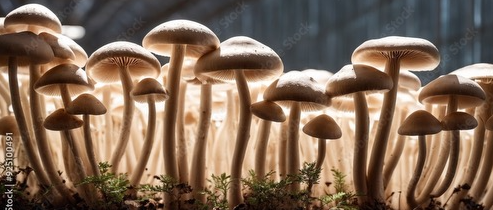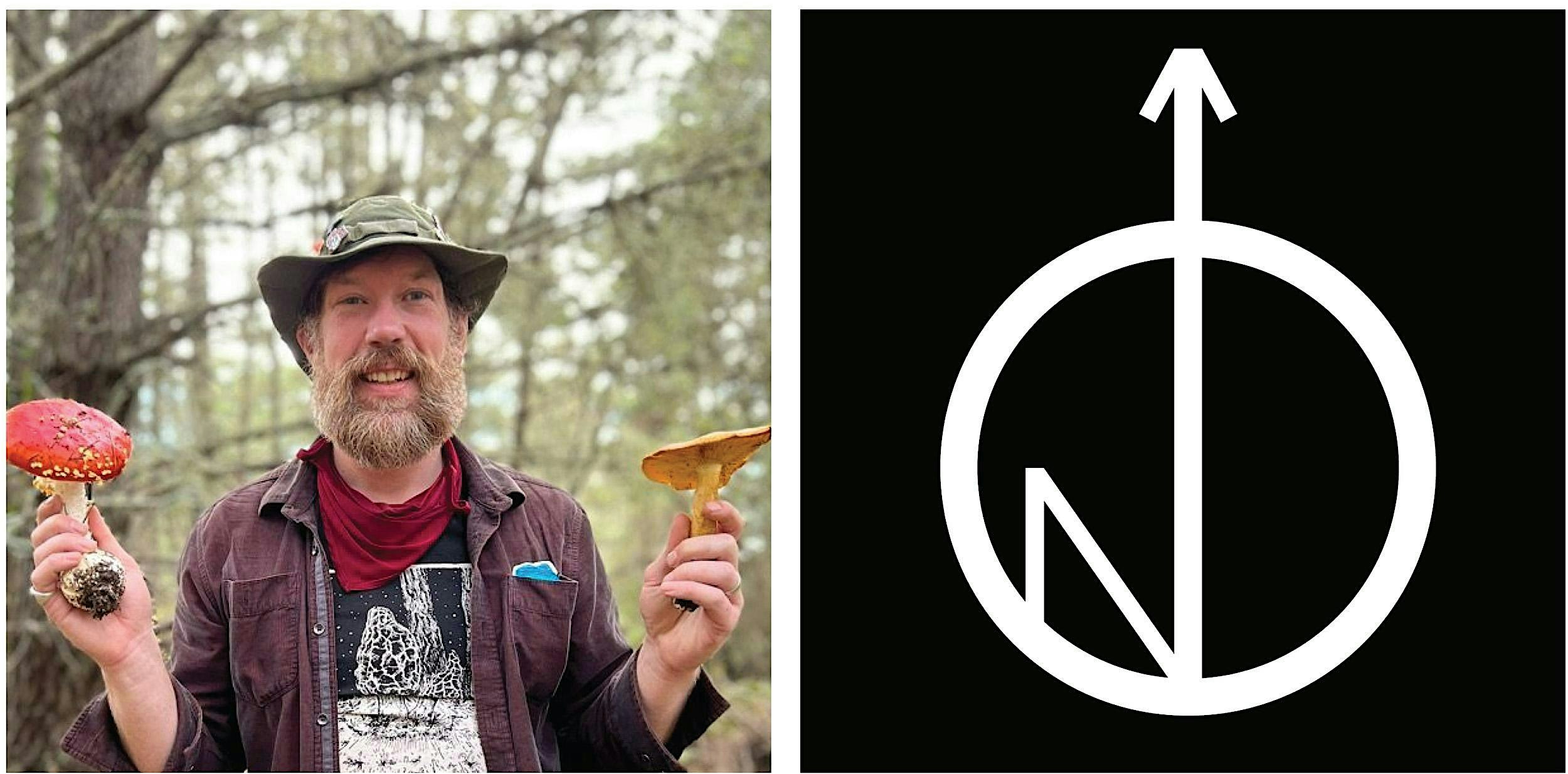What Are You, High? Design Explorations on Psilocybe Enterprises

In this program, participants are invited to embark on a design exploration of the future of psilocybe enterprises. Presenters from Haight Street Shroom Shop and No Judgement will delve into the meticulous process of mushroom cultivation, manufacturing of psilocybe products, and current retail and therapy practices, outlining conditions and challenges for this (relatively) new building typology.
After a brief presentation, participants are invited to engage in a design charrette where they discuss, collaborate, and share ideas, developing design concepts for psilocybe enterprises. Participants are encouraged to do their own research prior to the charrette and prepare questions for the presenters to enrich the discussion. Ultimately, the goal of this exercise is for participants to expand their creativity and apply design thinking skills objectively to solve a (relatively) sensitive problem.
Regardless of your stance on psychedelic mushrooms, the issue—when examined objectively— poses a rigorous, albeit fascinating, design problem: How do we design highly controlled environments for the cultivation, manufacturing, sale, and (therapeutic) use of psilocybe?
Psilocybe (a.k.a. Magic Mushrooms) is having its moment. In April 2023, California lawmakers passed a bill to legalize the possession and recreational use of several hallucinogenic substances, including psychedelic mushrooms. While Gov. Newsom ultimately vetoed the bill late last year, the cities of San Francisco, Oakland, and Santa Cruz have long since decriminalized the possession of plant-based hallucinogens in limited amounts. Furthermore, a new bi-partisan bill emulating The Oregon Psilocybin Services Act of 2020 was recently approved by a California Senate committee to legalize Psychedelic Therapy to help alleviate the state’s mental health and substance use crisis. This measure may pave an alternative route to psilocybe legalization in the near future.
Much like laboratory environments, psilocybe cultivation and production activities are conducted in highly controlled settings with strict temperature, humidity, ventilation, and lighting requirements. At the same time, manufacturers, retailers, and therapeutic services providers are subject to strict regulations for licensing and operations based on precedents set by the State of Oregon and forthcoming regulations set by the State of Colorado.
THIS IS A 18+ EVENT; Light, plant-based bites and refreshments will be provided.

Presenters
James McConchie
James is the founder of Haight Street Shroom Shop and decrimsf.org. The idea of Haight Street Shroom Shop was conceived after James’ wife was diagnosed with Stage 2B breast cancer. A conversation with an old friend turned James onto the work and research of renowned mycologist Paul Stamets. After watching Stamets’ TED talk on his mother’s very similar diagnosis and treatment for breast cancer, James began his wife on a regimen of Turkey Tail mushrooms during her year of active treatment. Her immunity — helped by the Turkey Tails — remained strong during treatment, and James was hooked.
During the cancer treatment, James learned about a study at Johns Hopkins with cancer patients and Psilocybin mushrooms. The hypothesis was that the post Psilocybin “transformative” experience might help patients deal with the anxiety and fear of death common during cancer treatment.
Soon after, James found an opportunity to work with Psilocybin mushrooms for his own anxiety and fear of losing his partner. With an experienced guide and calm setting, he had his own transformative experiences. His depression and anxiety went away. He founded “Decriminalize San Francisco” so that more people may be able to access any mushroom for help with mental health.
No Judgment
No Judgment is a collective of creative free thinkers who dare to design what others may deem objectionable, without fear, prejudice, or malice. We use design as a means to explore creative possibilities, focusing on the “how” rather than dwelling on the “why”. Leaving our judgments at the door, we approach each design problem with objectivity and reason, applying design thinking and creativity to solve the world’s “undesirable” challenges.
Learning Objectives (2 LU/AIA)
1 - Understand Regulatory and Environmental Requirements: Participants will gain an understanding of the regulatory landscape and environmental control requirements for psilocybe cultivation, manufacturing, retail, and therapeutic use, drawing from precedents set by states like Oregon and Colorado.
2 - Design Controlled Environments: Participants will learn to design controlled environments for psilocybe enterprises, focusing on factors such as temperature, humidity, ventilation, and lighting, and how these conditions impact the cultivation and manufacturing processes.
3 - Collaborative Design and Problem-Solving: Participants will develop collaborative design and problem-solving skills through a design charrette, where they will engage with peers and experts to create innovative design concepts for psilocybe enterprises, addressing the unique challenges and opportunities presented by this emerging industry.
4 - Practice Objectivity in Design: Participants will learn to practice objectivity and take an unbiased approach to solving (relatively) sensitive design challenges such as psilocybe cultivation and use, and apply this practice to other design challenges in the future.
